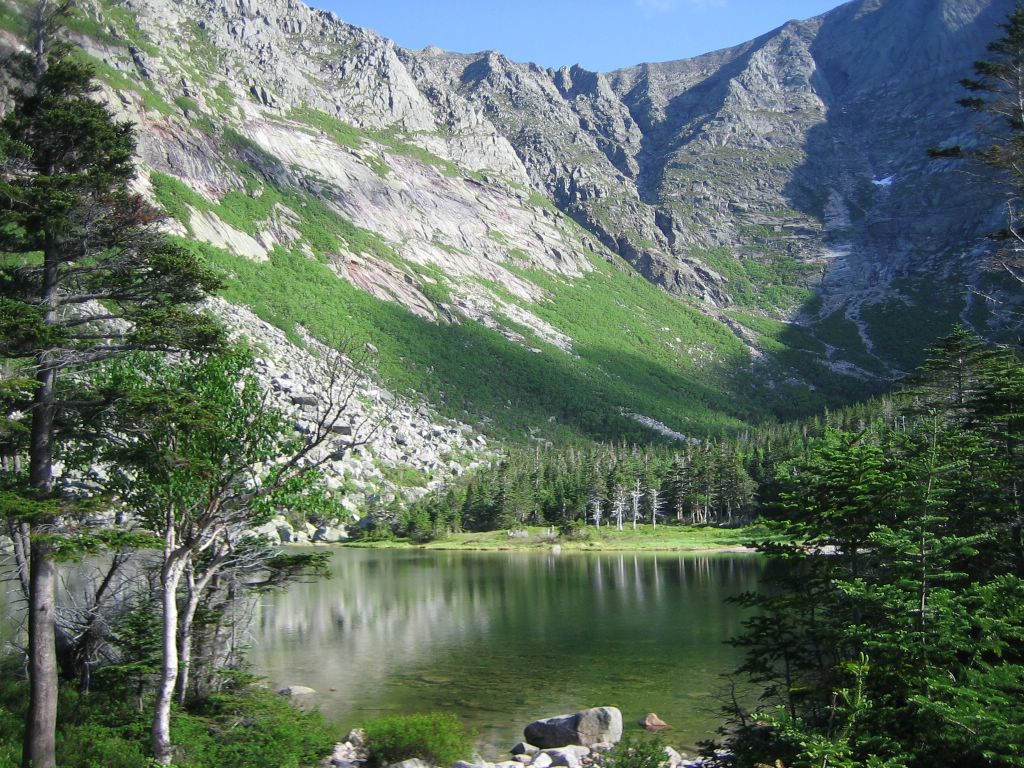
Land conservation is a chancy thing. As Will Rogers said, "They ain't making any more of it." Land, that is. One of the better angels of our nature has been the desire to sock away the best of it--keep our own hands off it in recognition of the value it has, both intrinsically and to our own species. Open space is good for people; it is essential to itself.
But legal efforts to preserve the space are checkered with doubt. Witness the Bush administration's attempts to open the National Parks to logging (under the guise of preventing fires) and Bushco's successful efforts to redefine wilderness, effectively undoing much of the good of the Clinton years in preserving open space in the American west.
The fight for nature is a long retreat. But on the local level, small gains are sometimes realized by dedicated groups of citizens and local NGOs such as the Trust For Public Land. They work to buy up and then preserve open space threatened by the rapacious growth of our towns, cities, and far-flung "developments"--playgrounds and second homes for the rich. One of the main tools of that effort is the conservation easement. Today, a small group of Democratic lawmakers in Maine began an effort to shore-up the legal armour protecting easements.
Maine has pioneered the use of easements, especially those that protect working forests. The 763,000-acre conservation easement signed in 2001 on Pingree family timberlands across northern and western Maine remains the single largest private conservation deal in the nation.So we have an interest. The problem with easements (also the source of their flexibility) is that they are a private contract between the holder of the title to the land the the person or entity purchasing the easement. It falls on the purchaser to enforce the easement. As time goes by and property changes hands, future owners can effectively annul the easement if enforcement hasn't been regular or sufficient notice of its existence wasn't given. Where there is a public-use component to the easement, as there often is, consistent enforcement is especially important.
Maine has 85 land trusts, and about 7.5 percent of the state is protected by easements, according to The Land Trust Alliance, a national organization that tracks conservation.
 Assistant Attorney General and dedicated conservationist Jeff Pidot, whom I have been priveleged to meet, is handling the state's side of the matter.
Assistant Attorney General and dedicated conservationist Jeff Pidot, whom I have been priveleged to meet, is handling the state's side of the matter. Pidot has studied conservation easements in depth. He authored a report[pictured at left] in 2005 that called for reforms and led to a nearly completed review of Maine's law. "The whole purpose of all of this is to provide a legal means for ensuring that conservation easements deliver what people think they do," he said.It's about keep track of things. Since "notice" is folded into "enforcement" from a legal standpoint, better record keeping means better enforcement.
This is an important step in preserving land for people. It also goes a long way toward preserving Maine's advantages in lifestyle that draw people and businesses to the state.
Also available at Turn Maine Blue.
No comments:
Post a Comment